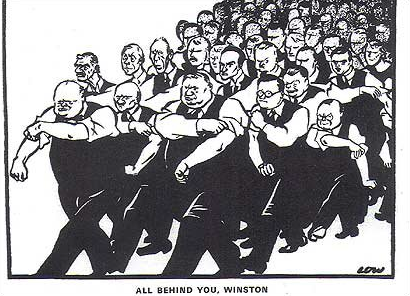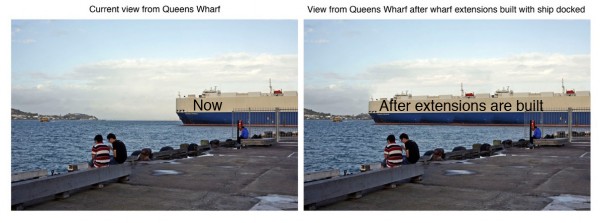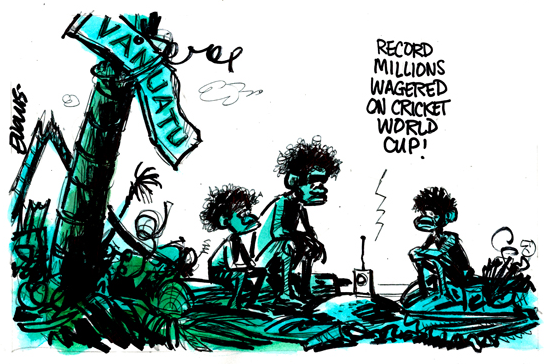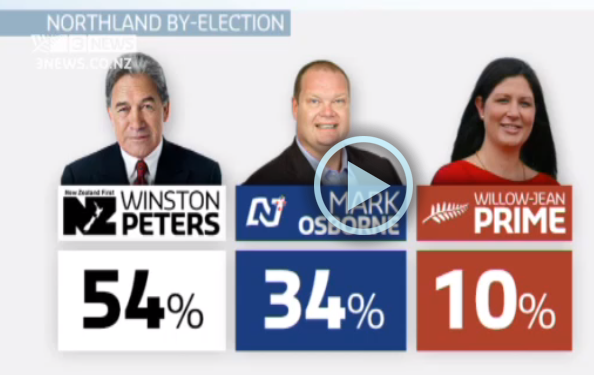
As the Sally Army takes an understandable pass on a buy in to run down state housing stock, the people of Northland can no doubt breathe a sigh of relief.
Indeed rather than having a “sing for your supper” church running housing, Northland is now enjoying an influx of concerned Nats who’ve flooded the North with bonhomie for the poorest part of the country.
But the love being lashed about in the form of new bridges on our neglected roads was quickly identified as conditional on people not complaining about the miserable lot that some suffer up this way. A woman threatened by Whangarei MP with further neglect of the roads if she didn’t pipe down had his threatening conversation recorded and replayed to the nation.
And, seeming to legitimise the view, more senior members of his government have made it clear that if we don’t forgive them their neglect to date, then they’re really going to leave us alone. The belly laughs at this, echoing around the region remind me of the day an angry prisoner stepped out of custody and into the dock for a date to be set for his trial. His stammering lawyer was told to shut up because he’d been sacked moments before in the cells below.
The judge wanted to hear from the lawyer, but the prisoner insisted he could not speak for him. After a brief bit of toing and froing the judge told him to shut up “or….” The prisoner cut him off. “Or what? You’ll remand me in custody?” He laughed, the court full of lawyers laughed, except for me, who’d seen it coming and had the presence of mind to jam my hand in my mouth, biting it hard to suppress my laughter. The judge looked around, mentally taking names, acknowledging my respectful silence. After all, there might have run out of sanctions for the man in the dock, but he had a long memory and there was plenty he could do for the disrespectful lawyers over the following weeks.
In that moment, the judge had forgotten that basic tenet of warfare: beware the enemy with nothing to lose. These fools rushing to Northland and selling their National snake oil have also forgotten this. Up here National has done nothing of consequence. And while some might point to the good works of Mike Sabin with his strong stand on law and order, Northland has shown that it knows it was sold a crock.
This time Northland will ensure the modern day rendering of Sgt Schultz will soon lose his platform and will go back to not only knowing nothing, but doing nothing and being nothing.
Voters have wised-up to National’s lack of transparency and double-dealing in this region. The moment of death came when Schultz, enthusiastically assured the press that it was indeed his idea to fix the bridges, the names of which he couldn’t recall. His explanation of this memory lapse was that these bridges all have different names. He couldn’t have looked more of a fool if he’d said he’d end the confusion by renaming them “Sgt Shultz’s Bridge Too Far.”
It was indeed a bridge too far when it came to maintain his credibility. Attacked by Peters for bragging about doing the heavy lifting in the region, he posted a video of himself in the gym, sweating and trembling under the load while minions stood by, filming and, of course, making sure he didn’t hurt himself. And while he might have escaped the filming of the feat unscathed, he effectively put another nail in his coffin. Here in the North we don’t want to see sweaty men surrounded by minions in a gym. The heavy lifting we want to see up here isn’t happening in members-only gyms.
So unpopular is he that he could only rustle up 14 people at a meeting in Kaikohe. Clearly even his supporters have deserted him. The tide of support from the South has receded as they realise their lame duck candidate is not only a cringeworthy embarrassment on the hustings, but also has no show.
His nemesis, Winston Peters has taken advantage of the talent vacuum offered by National. On a roll, Peters identification of financial issues within the Te Ahu Art Centre was perhaps overkill. Osbourne’s management of the centre might or might not be incompetent, but one things for sure, his ability to explain the losses as depreciation was lost amongst the laughter. National had already become a laughing stock following the departure of the crime-fighting Sabin. It’s only prospect of recovering its shattered fortunes was to show that it took the North seriously.
Having foisted the now silent Sabin on us, the party should have known it needed to go the extra mile with people up here. It needed to show some faith by putting up a candidate who could rebuild the damaged credibility. By doing that, it would have had a candidate who was up to the task of dealing with not only the likes of Paddy Gower, but a skilled orator and politician like Peters.
That National could have entrusted the North to Sabin showed the arrogance of a complacent government. Putting up a blundering Osbourne as his replacement showed just how out of touch National is. With the castle left guarded by a fool, it should have known that a wily warhorse like Peters would overrun their previous stronghold.
For the next two years, the North is going to have a champion. Reducing name suppression protection for paedophiles has struck a chord in a region where children suffer in silence as men shaft them in the shadows.
Talk of expanding Northport has also struck a chord up here. With a deepest harbour in the country and land to spare, it would seem like a no-brainer. Who in their right mind would park cars and containers on the expensive Auckland waterfront when a good harbour and cheap land is going begging just a couple of hours North?
Peters hasn’t mentioned that the Port of Tauranga’s financial interest in keeping Northport out in the cold hasn’t been addressed, nor has the need for legislation to break its stranglehold. But an adoring electorate will not be troubled by this lack of detail. Peters is making the right noises up here and while he might not know everything, at least he doesn’t know nothing.
TDB Recommends NewzEngine.com



















